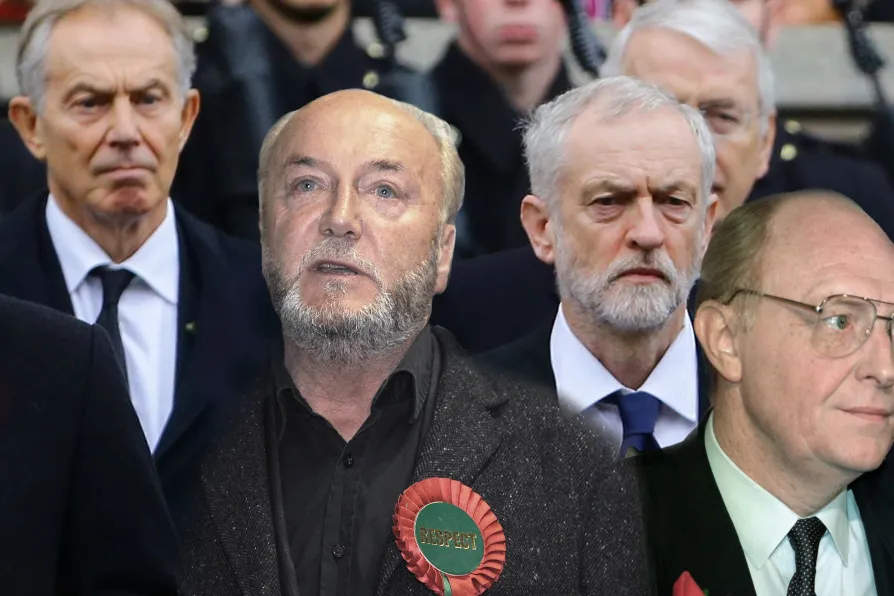Labour prospects in May elections may be irrevocably damaged by Birmingham Council’s costly refusal to settle the year-long dispute, warns STEVE WRIGHT
Starmer suspended the immediate past leader Jeremy Corbyn because he disagreed with his response to the EHRC report into anti-semitism in the Labour Party, despite, according to the BBC, assuring him the previous day that he planned not to.
It remains to be seen where this ends up, but hopefully with the early reinstatement of Corbyn.


 Latest editorial
Latest editorial













